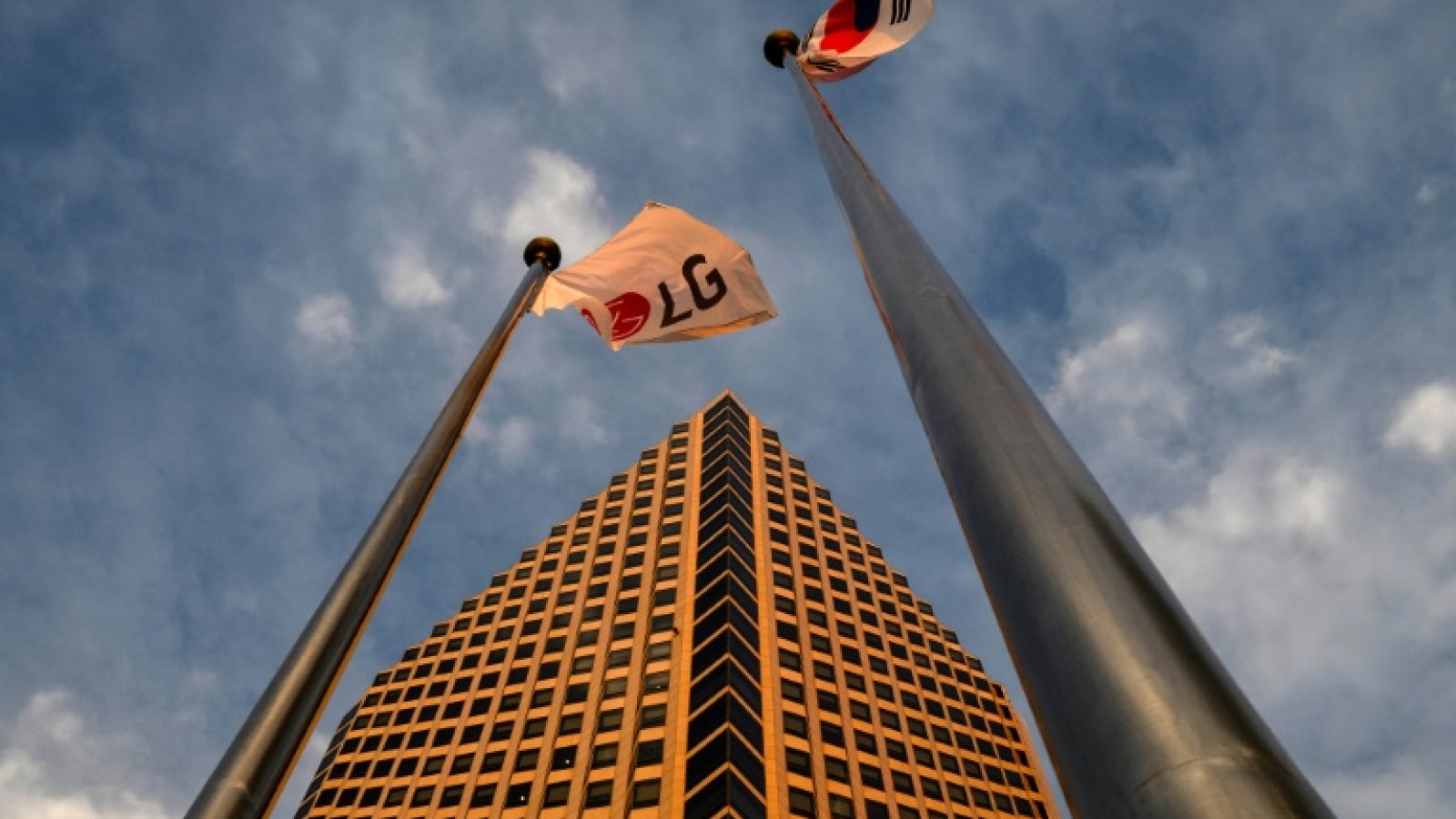By Shahab Jafry
Copyright brecorder

It’s almost comic how quickly Arab leaders rush to call Israel a “coward” the moment another red line is crossed, as if a few press statements will reverse a decades-long collapse in Arab deterrence. The only real cowardice this week came from the leaders issuing those condemnations, not the one that ordered the strike on Doha.
Israel bombed the capital of a US-aligned Gulf monarchy, a state that hosts the largest American military base in the region, in broad daylight. It hit a known Hamas facility, with known targets, during a known ceasefire negotiation. And it did so knowing full well that nothing would happen in response. No counter-attack. No diplomatic freeze. Not even a genuine shift in posture from the Americans.
Because, the truth is, Israel has already won the argument that no one in the region can stop it. The Netanyahu government calculated, correctly, that the Arab world is in no position to act, and that the US, even under Trump’s most recent “I’m very unhappy” routine, would do nothing to hold it back.
And that makes this strike less an escalation than a declaration: the rules of the game no longer apply.
What happened in Doha wasn’t some shocking deviation. It was the latest, perhaps most daring, move in a clear and accelerating pattern. Israel has struck Tehran, Damascus, Beirut, and Sana’a in recent months, all sovereign capitals. It has bombed targets in five countries this year alone. Now it’s added Doha, and nobody can say they weren’t warned.
This was inevitable. When deterrence erodes and political cover grows, this is what happens. And it’s not just the Arab states that look weak; it’s the entire framework of international diplomacy around Gaza.
Qatar isn’t just any Arab capital. It’s a non-NATO ally of the United States. It has spent hundreds of billions investing in America’s economy, gifted Trump a private jet, and hosts CENTCOM’s forward base. In theory, that should mean it enjoys a kind of informal protection, a red zone.
But apparently not. The Israeli jets came anyway. And Trump’s displeasure came after. Netanyahu, meanwhile, joked at a US embassy event that he was “otherwise engaged” during the bombing, to a standing ovation.
So much for the luxury jet. So much for strategic partnership. What this proves, in front of the whole world, is that Israeli objectives can override even America’s closest Gulf ties.
So much for the ceasefire. So much for the good faith talks. So much for the backchannel diplomacy. This strike torpedoed everything that was still limping along in Doha, and that was the point.
You don’t fire missiles at the heart of your enemy’s negotiating table if you’re trying to build confidence. You do it if you’ve already decided the talks are a farce. Or worse, if you see negotiation itself as a vulnerability.
This wasn’t a tactical hit. It was a textbook demolition of the peace process, staged publicly, to collapse the talks and shift the tone back to unconditional surrender.
Israel has now proven it can hit anywhere, not just the warzone, but the sidelines, the staging areas, the third countries offering refuge or negotiation platforms. And it knows that the broader international response will remain rhetorical.
That leaves everyone exposed. Turkey is now in the crosshairs. So is Malaysia. So is any other country hosting Hamas leaders or engaging in mediation. The point of the Doha strike wasn’t just elimination, it was deterrence. Not against Hamas, but against anyone thinking of facilitating it.
This is how escalation spirals, not because anyone wants it, but because the bar for triggering it has now dropped to zero.
And even if this strike achieves its short-term military aim, it does nothing to change the underlying political equation. Netanyahu cannot de-escalate, not while his extremist coalition is the only thing keeping him out of court. The war is both his protection and his justification. Winding it down means exposing himself not just to political collapse, but legal prosecution.
So the war continues, and with it, the logic of escalation. More capitals will be hit. More Hamas leaders will be killed abroad. The risk of blowback will rise. But so far, Israel has correctly bet that no blowback will come.
And that is what makes this moment so dangerous.
What do the Gulf states do now, send another note to Washington? What does Turkey do, issue a “warning” that jets won’t be tolerated over Istanbul? Does anyone in the region have an actual policy, or just a press office?
Because from Tel Aviv’s point of view, the scoreboard is clear. Hamas is on the run, Arab leaders are afraid, western criticism is toothless, and America’s posture remains supportive.
So long as that equation holds, why would Netanyahu stop?
More than 20 months of war have failed to destroy Hamas, and have only deepened global isolation. But inside Israel, the political logic hasn’t changed. The path to internal survival still runs through external escalation. And that means the cycle will repeat, no matter how many condemnations pile up.
And if the next strike is over Istanbul or Ankara or Kuala Lumpur, what then?
Will anyone still be surprised?
Copyright Business Recorder, 2025



